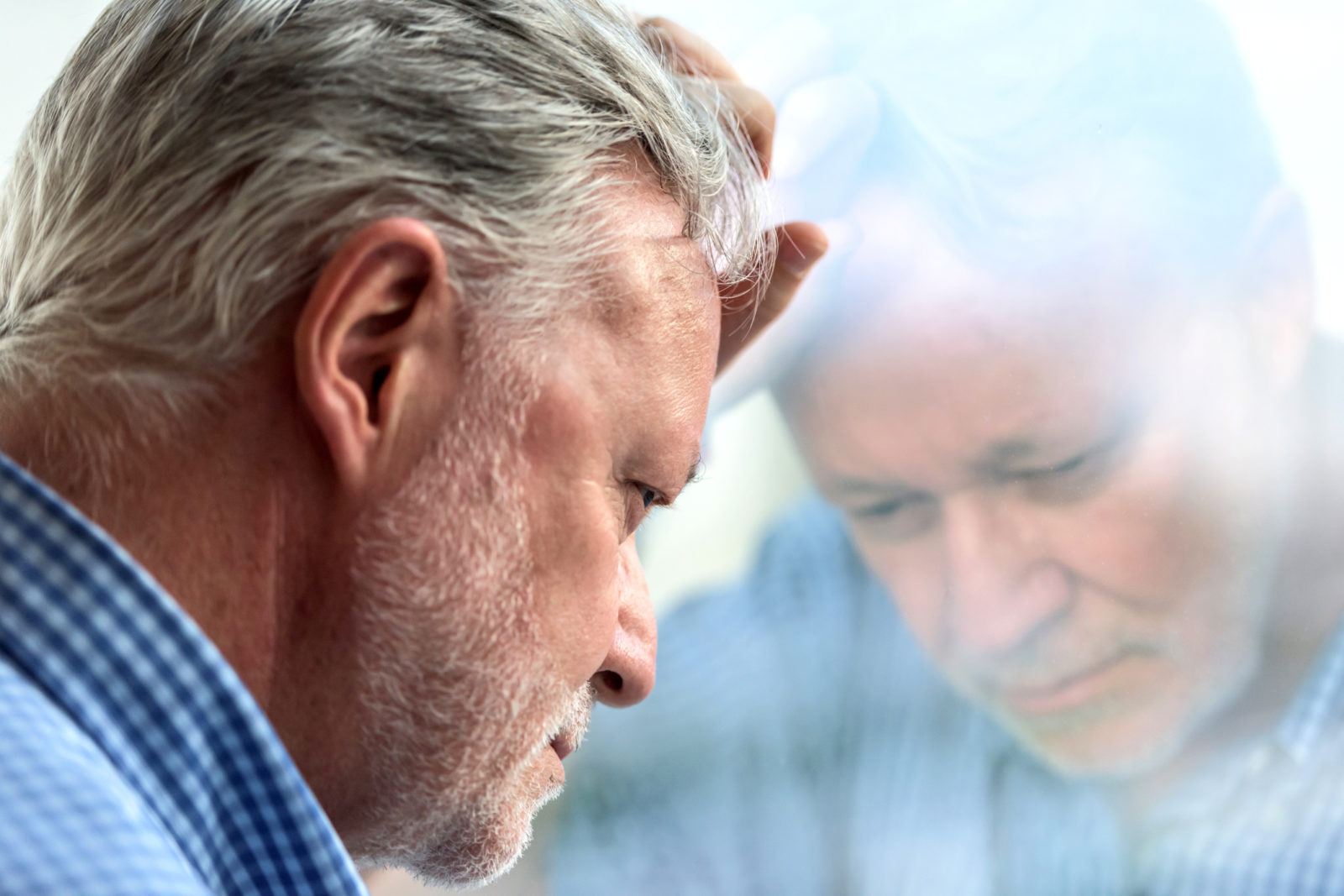Aging and Mental/Behavioral Health

According to the Centers for Disease Control and Prevention (CDC), about one in five people over the age of 55 are living with some type of mental health concern. Two-thirds of those living in nursing homes exhibit mental and/or behavioral problems. The most common conditions include anxiety, cognitive impairment and mood ailments, such as depression or bipolar disorder. Because of the lack of experience in spotting and diagnosing these disorders in the elderly, many of these conditions go untreated. Charlesgate is working with Age-Friendly Rhode Island to change that.
While mental illness is not a natural part of growing older, it may affect seniors in greater numbers for a variety of reasons:
- It may be a byproduct of a physiological condition or disease, which seniors may be more susceptible to.
- Certain life changes, such as the loss of a spouse or failing health, may contribute to depression.
- Seniors may be less likely to seek treatment or have their symptoms misdiagnosed.
It is this last situation that is particularly troubling. Seniors may be less likely to report symptoms of mental illness to their physicians, either because they feel it’s a natural part of growing older or they fear being stigmatized or committed against their will to a mental institution. Many physicians are not trained in mental health and may dismiss symptoms as part of growing older. Another reason older Americans underutilize mental health services may be because Medicare and Medicaid do not reimburse mental health issues the same way they reimburse physical conditions. Not only are mental health professionals reimbursed at lower rates, but copayments for patients may be higher than for standard medical care. This has discouraged many from seeking careers in geriatric mental health, leading to a dearth of people with the training and knowledge to properly treat this population.
Charlesgate has partnered with Age-Friendly Rhode Island to help solve this situation. In an innovative, six-month pilot program, Charlesgate and Age-Friendly Rhode Island are working to bring behavioral health professionals into the communities where they’re needed.
According to Lauren Yabut, Charlesgate Administator, “the program has helped our staff to recognize risk factors and warning signs, making it more likely our residents will be referred to people who can help them.”
You can read more about this innovative program here.
![Charlesgate [logo]](https://www.charlesgate.net/wp-content/uploads/sites/218/2016/12/logo-new.png)